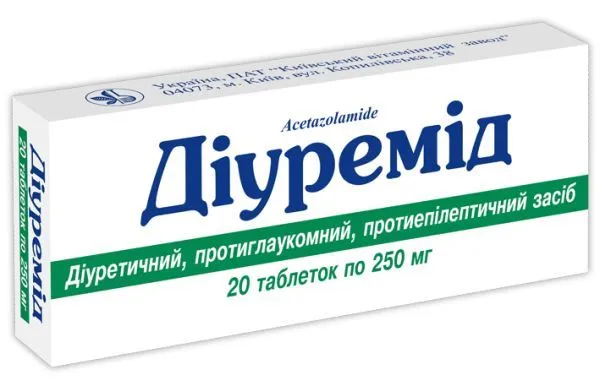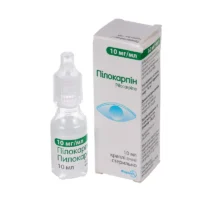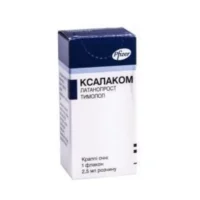Description
Diuremid (Acetazolamide) 250 mg Tablets
Composition
Active ingredient: Acetazolamide 250 mg
Mechanism of Action
Acetazolamide, a carbonic anhydrase inhibitor, reduces the production of aqueous humor in the eye, thereby lowering intraocular pressure.
Pharmacological Properties
Acetazolamide exhibits diuretic, ocular hypotensive, and metabolic alkalosis-inducing properties.
Indications for Use
Diuremid (Acetazolamide) 250 mg Tablets are indicated for the management of edema associated with congestive heart failure, drug-induced edema, and conditions necessitating rapid diuresis.
Contraindications
Do not administer Diuremid (Acetazolamide) 250 mg Tablets if there is a known hypersensitivity to acetazolamide or any other component of the formulation.
Side Effects
Common side effects may include paresthesia, taste alteration, and gastrointestinal disturbances. Rare but severe adverse reactions include aplastic anemia and Stevens-Johnson syndrome.
Usage Instructions
Adults: The typical dosage ranges from 250 mg to 1 gram daily, divided into multiple doses. Administer orally with food to mitigate gastrointestinal discomfort.
Benefits Compared to Analogues
Diuremid (Acetazolamide) 250 mg Tablets offer rapid and efficient diuretic action with a well-established safety profile, distinguishing it from other diuretic agents.
Suitable Patient Groups
Diuremid is suitable for adult patients requiring diuretic therapy. Caution is advised when prescribing to pediatric and geriatric populations due to varying pharmacokinetics and potential sensitivity.
Storage and Shelf Life
Store Diuremid (Acetazolamide) 250 mg Tablets at room temperature away from moisture and light. Check the packaging for the expiration date and do not use beyond this date.
Packaging Description
Each package of Diuremid contains 20 tablets of 250 mg Acetazolamide, sealed to maintain product integrity and potency.
Clinical Evidence and Proven Effectiveness
Acetazolamide has demonstrated efficacy in reducing intraocular pressure in glaucoma patients and is considered a cornerstone in the management of this condition. Clinical studies have confirmed its diuretic effects in various edematous conditions.





